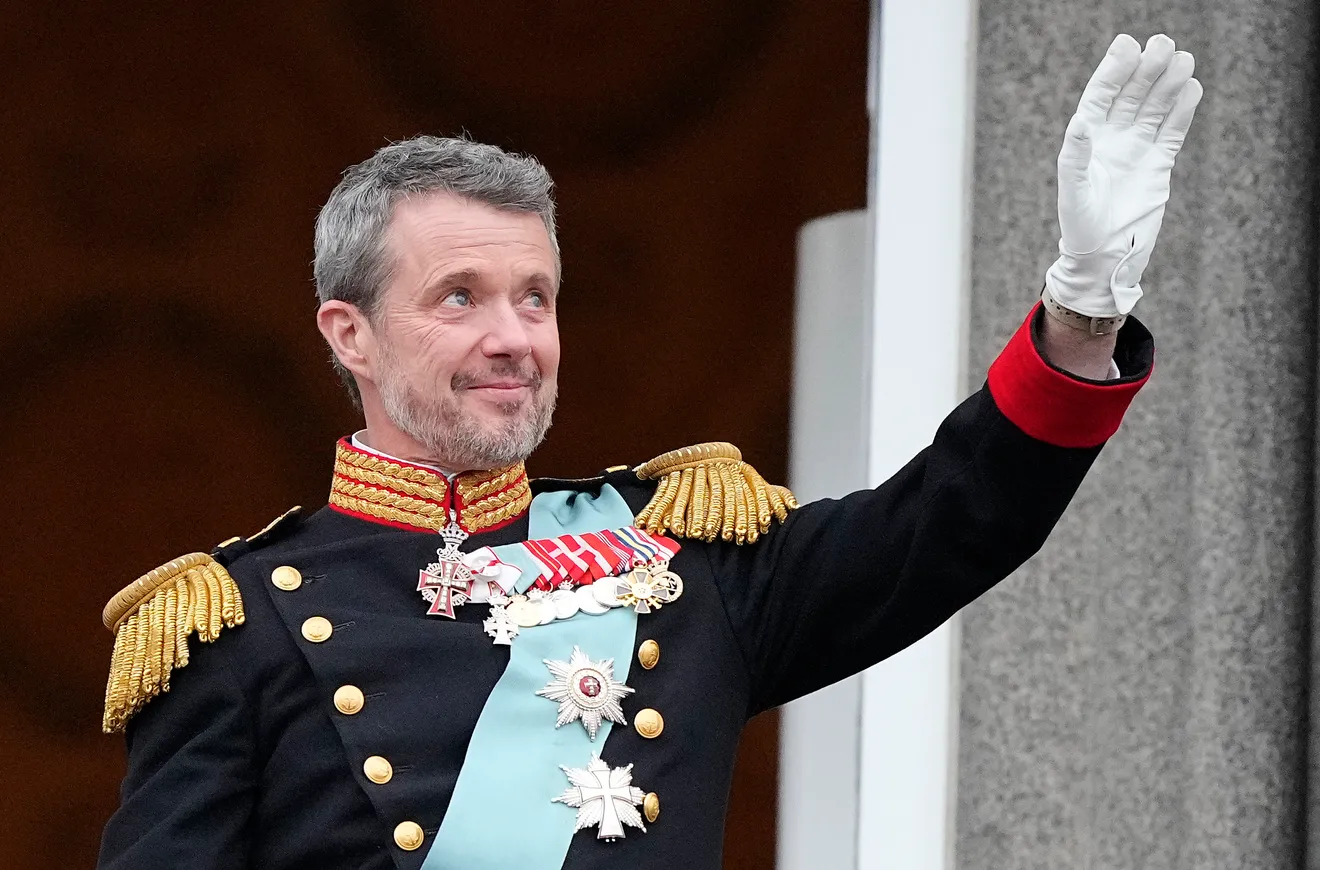Davos, Switzerland – World leaders and top CEOs gathered at the annual World Economic Forum (WEF) in Davos, Switzerland to discuss global issues and shape the future of the world economy.
The theme of this year’s WEF is “Designing a Better Future for All” and attendees are focused on finding solutions to pressing challenges such as climate change, economic inequality and technological disruption.
US President Joe Biden delivered the keynote address on the forum’s inaugural day, stressing the need for global cooperation and collective action to tackle the world’s most pressing challenges.
“We must work together to build a more sustainable, equitable and prosperous future for all,” Biden said. “We can’t do it alone, and we shouldn’t do it at the expense of others.”
Other notable speakers at the forum include Chinese President Xi Jinping, European Commission President Ursula von der Leyen and Microsoft CEO Satya Nadella.
The WEF also featured several panel discussions and workshops focused on specific issues such as climate change, economic inequality, and the future of work.
One of the key themes of the platform is the growing gap between the rich and the poor and the need for more inclusive economic growth.
“We have a choice to make: we can continue on a path of increasing inequality, or we can choose a different path, one that is more equitable and sustainable,” said Oxfam International Executive Director, Oxfam International.
The WEF launched several new initiatives aimed at tackling global challenges, including a new coalition of CEOs committed to reducing carbon emissions and a new fund to support women-led businesses in developing countries.
Overall, the WEF in Davos is an important event for global leaders and CEOs to come together and shape the future of the world economy.
What is the history of WEF?
The World Economic Forum (WEF) has a rich history that spans over four decades. Here is a brief overview of the key milestones in the organization’s development:
1971: The WEF was founded as the “Economic Forum” by Klaus Schwab, a German-born businessman and economist. The first meeting was held in Davos, Switzerland, and brought together 400 business leaders and politicians from 40 countries to discuss global economic issues.
1973: The forum was renamed the “World Economic Forum” to reflect its growing global scope.
1974: The WEF established its annual meeting in Davos, which has since become one of the most prominent gatherings of global leaders and decision-makers.
1980s: The WEF began to expand its activities beyond the annual meeting in Davos, launching regional meetings in Asia, Latin America, and other parts of the world.
1990s: The WEF launched its “Global Competitiveness Report,” which provides an annual assessment of the competitiveness of countries based on a range of economic and social indicators.
2000s: The WEF began to focus more on issues related to sustainability and social responsibility, launching initiatives such as the “Global Compact” and the “Sustainable Development Goals.”
2010s: The WEF has continued to evolve and expand its focus, with a growing emphasis on technology and innovation, as well as issues related to the future of work and the digital economy.
Today, the WEF is a leading international organization that brings together leaders from business, government, academia, and civil society to discuss and shape global, regional, and industry agendas. The organization has a presence in over 100 countries and hosts a range of events and initiatives throughout the year, including the annual meeting in Davos and regional meetings in Africa, Asia, and Latin America.
What is the mission of WEF?
The World Economic Forum’s (WEF) official theme this year is “Rebuilding Trust.” The WEF aims to bring together leaders from various fields to discuss and shape global, regional, and industry agendas, with a focus on improving the state of the world. The organization seeks to foster public-private cooperation to address pressing global issues, such as economic growth, environmental sustainability, social inclusion, and technological innovation. By providing a platform for diverse perspectives and collaborative dialogue, the WEF aims to drive positive change and improve the lives of people around the world.





